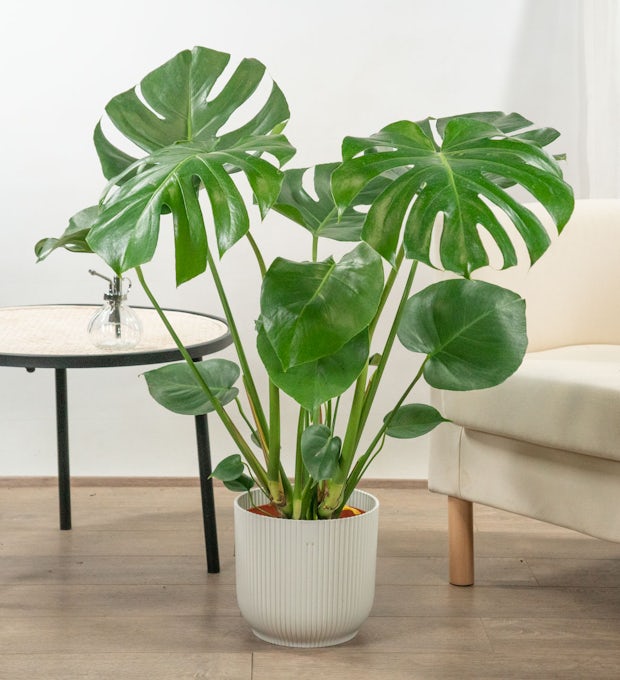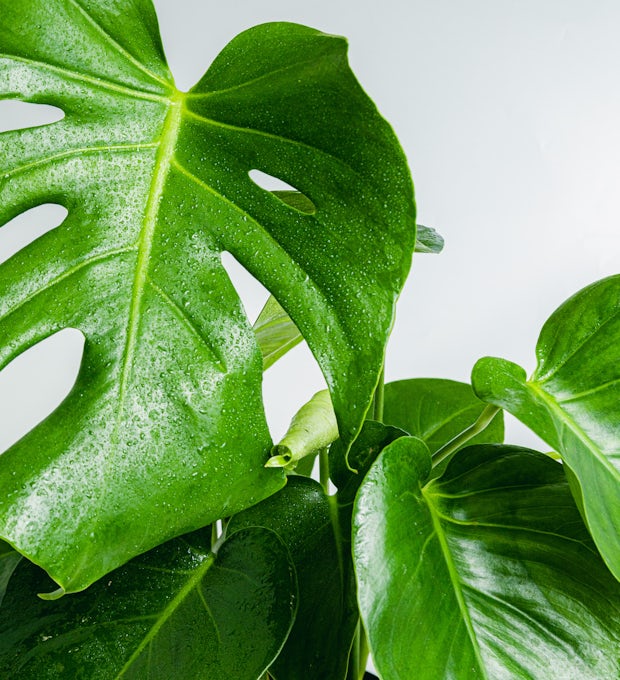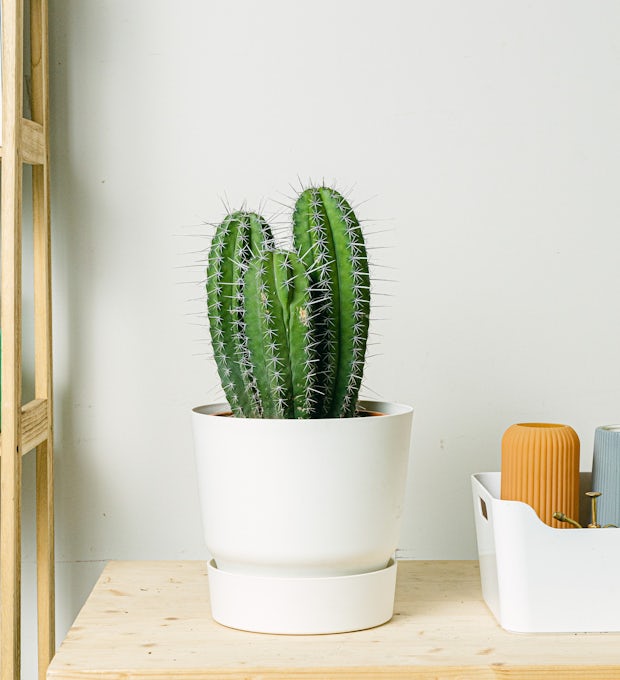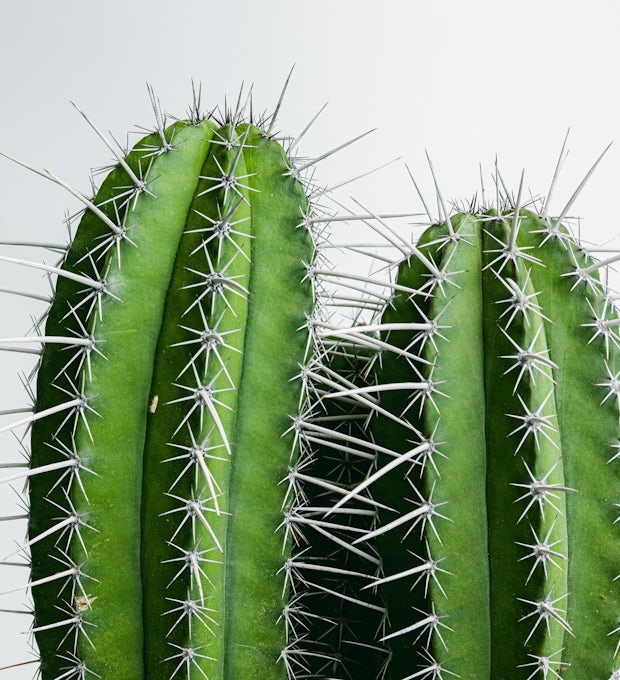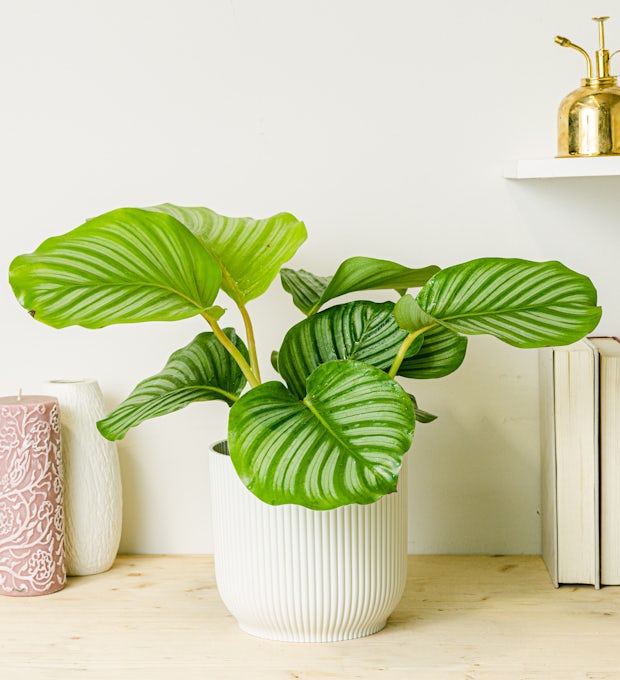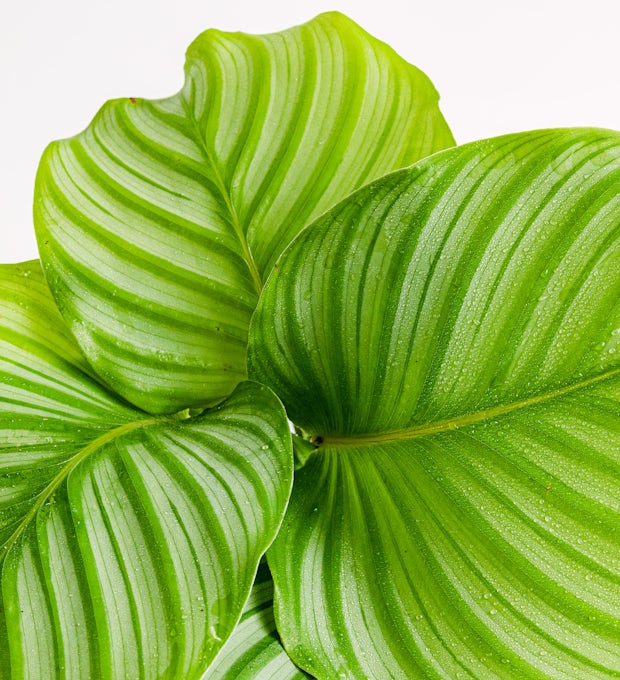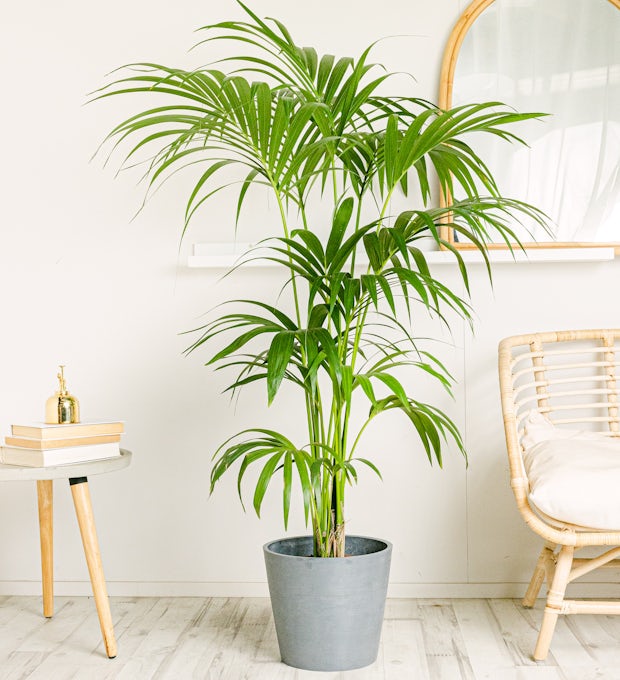Plants are an excellent addition to any workspace, as they not only beautify the environment but also offer a number of benefits for our health and well-being. In this article, we'll explore how to choose the right plants for your office and how to care for them properly. We'll also discuss the differences between indoor and outdoor plants, as well as the best options for environments with little natural light or tight spaces. In addition, we will discover how the art of Feng Shui can influence the choice and placement of plants in your workplace. Finally, we will give you some creative ideas to decorate your workspace with plants and create a harmonious and stimulating environment. Get ready to transform your office into a green oasis!
Benefits of Having Plants in the Office
Having plants in the office is not only a way to decorate and beautify the workspace, but it also brings a number of benefits for employees and the work environment. First, plants help improve air quality by absorbing carbon dioxide and releasing oxygen, which contributes to a healthier, cooler environment. Additionally, some plants have the ability to filter toxins and purify the air, which can reduce symptoms of allergies and respiratory illnesses.
Another important benefit is that plants can increase productivity and focus on work. Studies have shown that the presence of plants in the work environment can improve mood and reduce stress, which in turn translates into increased performance and creativity. In addition, plants can help reduce ambient noise by absorbing some of the sound, thus creating a calmer environment conducive to concentration.
Finally, having plants in the office can foster a sense of connection to nature and provide a pleasant visual stimulus. This can contribute to creating a more welcoming and pleasant environment, which in turn can improve job satisfaction and promote a sense of well-being among employees.
In short, having plants in the office is not only a matter of aesthetics, but also brings numerous benefits for the health, emotional well-being, and productivity of employees. Therefore, it is an excellent option to improve the work environment and create a more harmonious workspace.
Houseplants vs. Houseplants Outdoor Plants
When choosing plants for our office, it is important to consider whether they are indoor or outdoor. Houseplants typically need less light and care than outdoor plants, as they are adapted to living indoors with little natural light. Additionally, houseplants are ideal for air-conditioned environments, as they can help purify the air and maintain proper humidity. Some of the most popular houseplants are sansevieria, ficus benjamina, dracena, and cactus.
On the other hand, outdoor plants are ideal for decks or patios, as they need plenty of sunlight and space to grow. In addition, some outdoor plants can be used as natural barriers against noise and environmental pollution. Among the most popular outdoor plants are money tree, jasmine, and lavender.
In summary, when choosing plants for our office we must take into account whether they are indoor or outdoor, depending on the available space and the environmental conditions of the place. Houseplants are ideal for indoor environments with little natural light and air conditioning, while outdoor plants need plenty of sun and space to grow.
We ship plants to all locations, you can see more options here.
Best Plants for Low Natural Light Environments
The best plants for environments with little natural light are those that don't need a lot of direct sunlight to survive. One of the most popular plants in this regard is Sansevieria, also known as "mother-in-law's tongue". This plant is hardy and can grow in places with little natural light, plus it doesn't require a lot of water. Another option is Pothos or Scindapsus, a climbing plant that can grow in shady areas and also purifies the air. The Ficus Elastica or "rubber tree" is another good alternative for spaces with little light, although it needs a little more care than the previous ones. Finally, Zamioculcas is a very hardy houseplant that can also grow in low-light environments and requires very little watering.
It's important to note that although these plants can survive in low-light locations, it doesn't mean they don't need light at all. It is advisable to place them near windows or artificial light sources so that they can obtain the necessary energy for their growth and maintenance. In addition, it is important to remember that each plant has its own specific needs and requirements, so it is necessary to research the optimal conditions for each species before acquiring them.
In conclusion, if you're looking to add a touch of green to an office with little natural light, there are several hardy, easy-care plant options. The choice will depend on the available space and personal preferences, but research should always be done on the specific needs of each species to ensure their well-being and survival.
We ship plants to all locations, you can see more options here.
Ideal plants for small spaces
In tight spaces, it's important to choose plants that won't grow too tall and can accommodate the lack of space. One of the most popular options is succulents, as they are small in size and require very little maintenance. In addition, their ability to store water allows them to survive in environments with low humidity. Another option is hanging plants, such as Boston fern or English ivy, which can grow up or down and don't take up much space in the soil. Air plants, such as Tillandsias, are also a good alternative for tight spaces, as they don't need soil to grow and can be placed anywhere with natural light. In addition, they are very easy to care for and only need to be sprayed with water from time to time. Aromatic plants, such as rosemary or basil, are another interesting option for small spaces, as they not only decorate the environment but can also be used in the kitchen. Lastly, orchids are a great choice for those who want to add an elegant touch to their workspace. These plants don't take up a lot of space and have a long, beautiful flowering. In short, there are many interesting options for decorating with plants in small spaces, it's just a matter of finding the right one for each environment.
How to Care for Your Office Plants: Practical Tips
To keep your office plants in good shape, it's important to follow some practical tips. First and foremost, it's critical to know each plant's specific needs, such as how much sunlight, water, and nutrients it requires. This will allow you to give them proper care. In addition, it is advisable to water the plants on a regular basis, avoiding both over- and underwatering. A useful trick is to check soil moisture before watering, as some plants can be sensitive to overwatering. It's also important to maintain a clean, dust-free environment around your plants, as this can affect their ability to absorb light and nutrients. Another aspect to consider is the temperature and ventilation of the workspace. Some plants are more sensitive to hot or cold drafts, so it is necessary to place them in an appropriate place. Finally, we must not forget the importance of pruning plants regularly to maintain their shape and encourage healthy growth. With these practical tips, you'll be able to take care of your office plants effectively and enjoy their benefits in your workspace.
The Art of Feng Shui and Plants in the Office
The Art of Feng Shui and Plants in the Office
Feng Shui is an ancient Chinese system that seeks to harmonize spaces to promote the positive flow of energy. In the workplace, Feng Shui can be a powerful tool for increasing employee productivity and well-being. Plants play a critical role in this practice, as they are believed to purify the air and attract positive energies.
According to Feng Shui principles, it is important to place plants in strategic places in the office. For example, it is recommended to place them near windows to make the most of natural light and promote energy circulation. Also, it is preferable to choose plants with rounded and soft leaves, as they are considered more auspicious.
Another aspect to consider is the size of the plants. In general, it is suggested to use large, leafy plants in wide spaces, while medium-sized plants or even miniatures can be used in smaller areas. The latter are ideal for desks or shelves.
In addition to their decorative function, plants can also help absorb noise and improve air quality in the office. Some popular choices include the snake plant, bamboo palm, and mother-in-law's tongue. These plants are easy to care for and adapt well to environments with little natural light.
In short, Feng Shui offers a useful guide to incorporating plants into the office in a way that is harmonious and beneficial for everyone. Not only do they add aesthetic beauty to the work environment, but they also contribute to creating a healthy and conducive work environment.
Creative ideas for decorating your workspace with plants
Plants are not only an effective way to improve air quality and increase productivity in the workplace, but they can also be used as decorative elements. There are many creative ways to incorporate plants into your workspace for a fresh, personalized touch. One idea is to create a vertical garden using hanging pots or plant shelves. Not only does this help save space, but it also adds an interesting visual aspect. Another idea is to place plants in unusual containers, such as cups, jars, or glass bottles. This technique can give your space a unique and fun touch. You can also choose to combine different types of plants to create an attractive arrangement. Plants with large, showy leaves can be used as a focal point, while smaller ones can serve as a complement. If you're a fan of gardening, you can create a mini vegetable garden on your desk with fresh herbs like basil, thyme, and mint. In addition to being useful for cooking, herbs also have a pleasant aroma that can help improve your mood. In short, decorating with plants is a great way to add life and color to your workspace, in addition to the many health and wellness benefits they offer.
Plants are an excellent addition to any workspace, as they not only add aesthetic beauty, but also offer numerous health and wellness benefits. In this article, we have explored different aspects related to plants in the office, from how to choose and care for them to how to take advantage of their decorative and energetic potential according to the principles of Feng Shui. Now it's your turn to put this knowledge into practice and bring your work environment to life with plants suitable for your needs. Remember that each plant has its own characteristics and requirements, so it's important to research and adapt care as needed. Start enjoying the benefits of having plants in your office and discover how they can transform your workspace!
